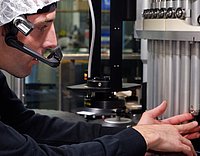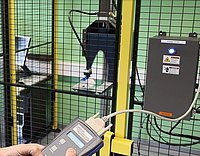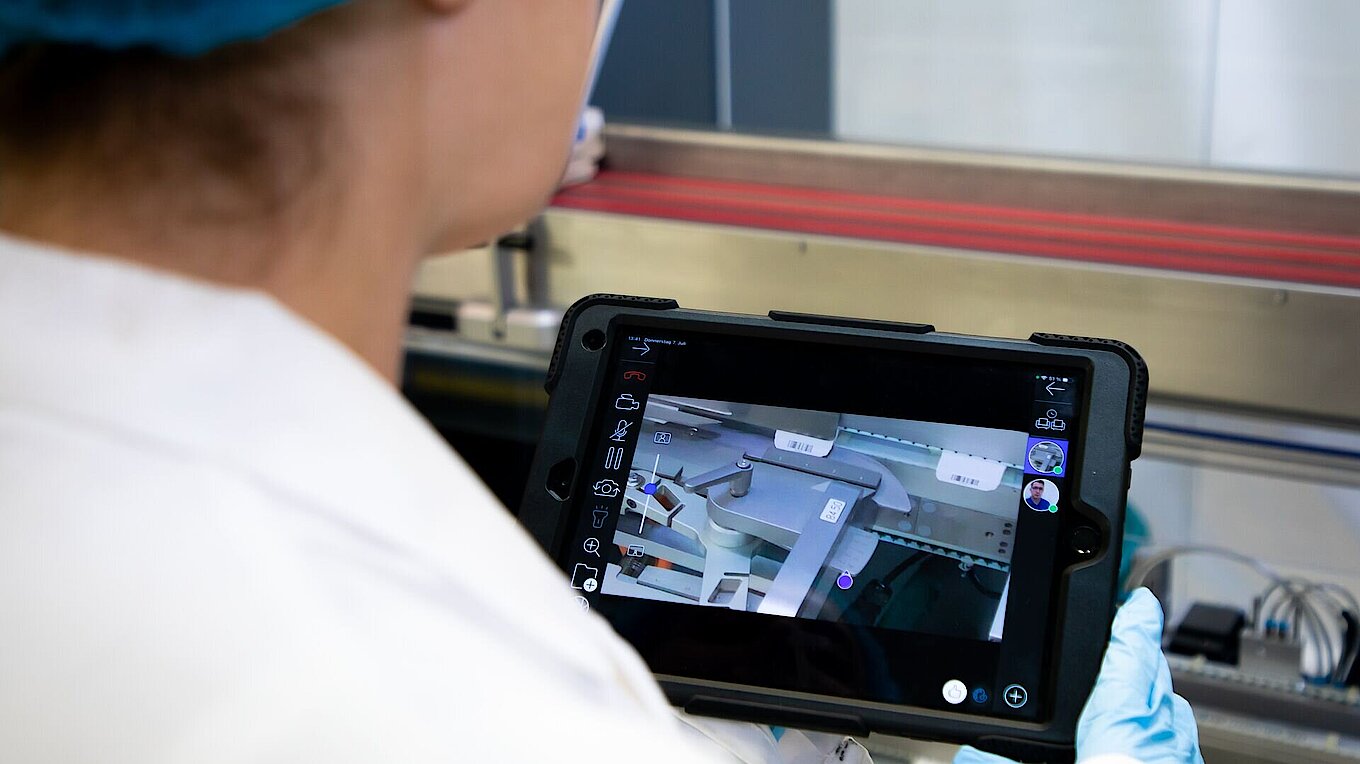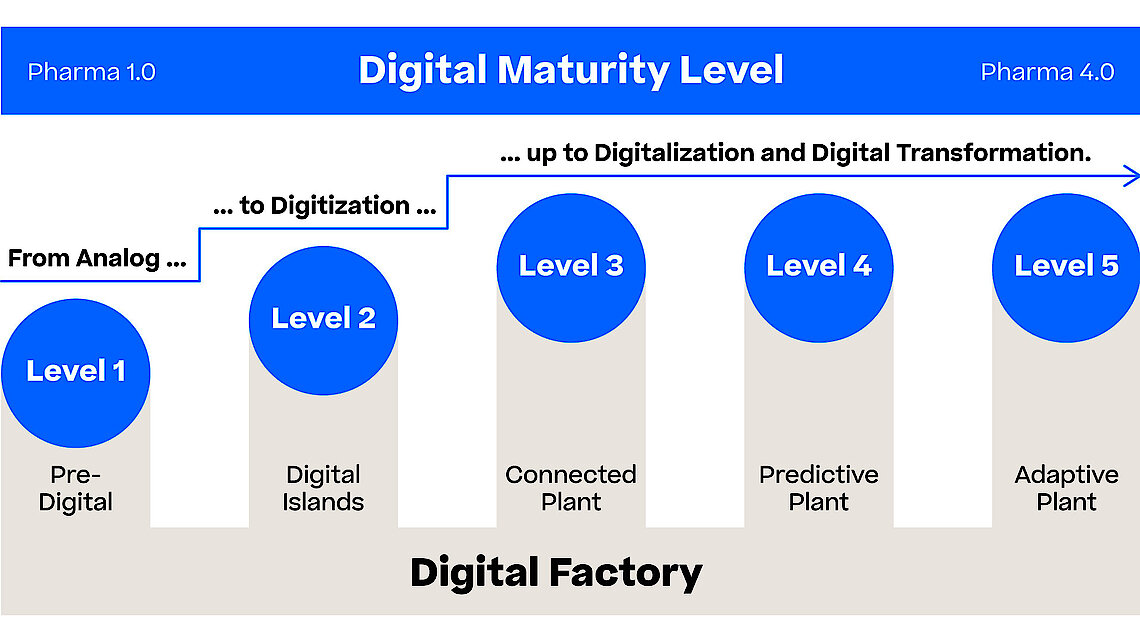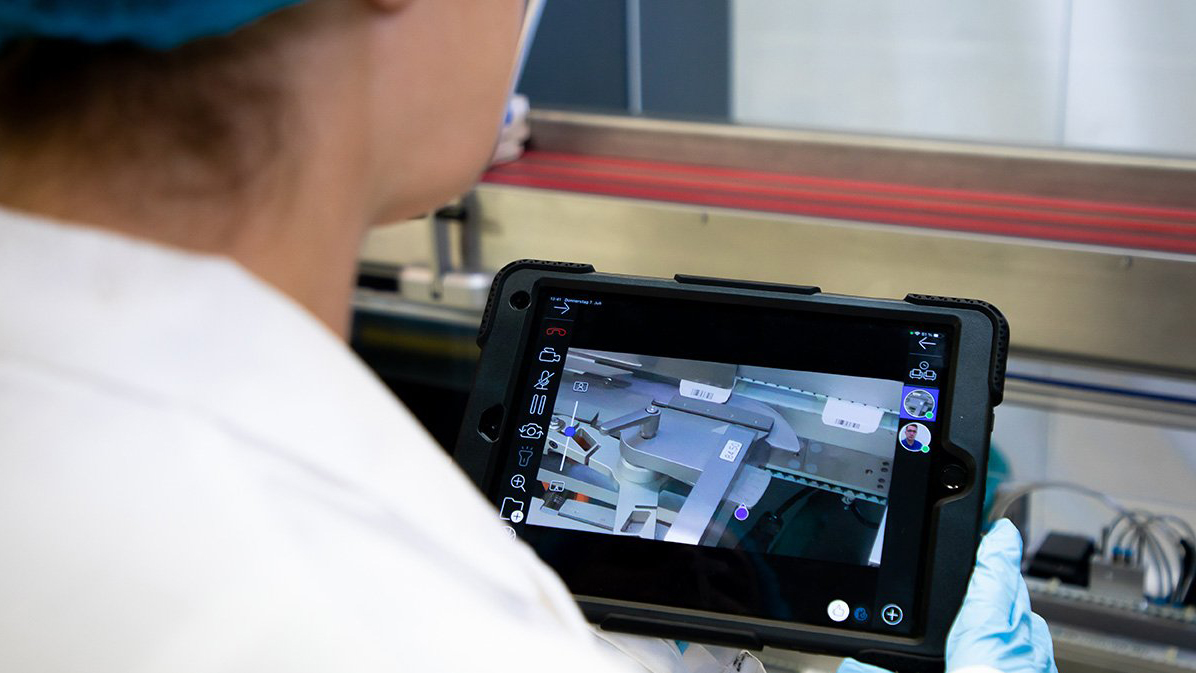Shifting workforce dynamics in South-East Asia
Another significant trend in the post-pandemic business landscape is the shifting workforce dynamics. As businesses in South-East Asia adjust to new economic realities, the way work is organized, the skills required, and the relationship between employers and employees are all undergoing fundamental changes.
Remote work and flexible working arrangements became the norm for many during the pandemic, and these shifts are likely to continue in the post-pandemic world (Amani Fadzlina Abdul Aziz, 2024). The rise of hybrid work models (combining remote and in-office work) has created new challenges for employers, particularly in managing collaboration, productivity, and employee engagement.
Moreover, the workforce itself is evolving. As automation and artificial intelligence (AI) continue to play a larger role in business operations, the demand for digital skills and expertise is growing. This shift is particularly evident in South-East Asia, where companies are seeking employees who are not only adept at using technology but also capable of driving digital innovation within their organizations.
To respond to these shifting dynamics, companies are focusing on reskilling and upskilling initiatives (NA, 2024). By investing in employee development, businesses can ensure that their teams remain agile and adaptable in the face of technological advancements. This is particularly important for industries like manufacturing, where workers will need to be trained to work alongside automated systems and new technologies.
For example, in the pharmaceutical industry, augmented reality (AR) can be used to revolutionize training processes. AR provides immediate access to in-depth expertise on advanced technical concepts, reducing training time by up to 25% and preventing mistakes. This technology allows employees to master complex tasks faster and more efficiently compared to traditional methods. By integrating AR into training programs, companies can enhance learning efficiency and reduce errors, making their workforce more competitive and future-proof.




